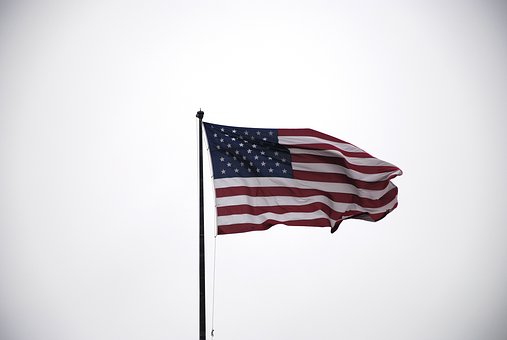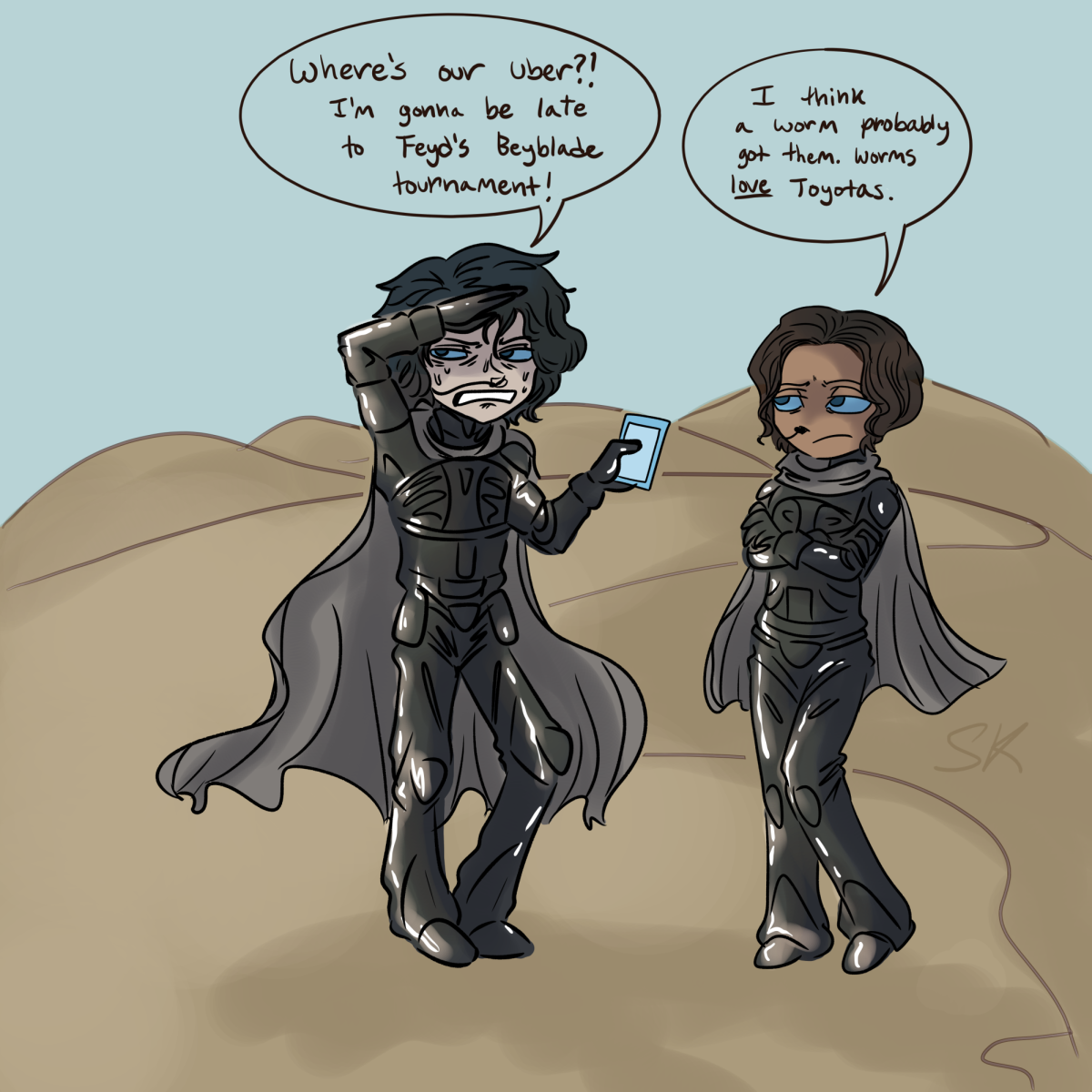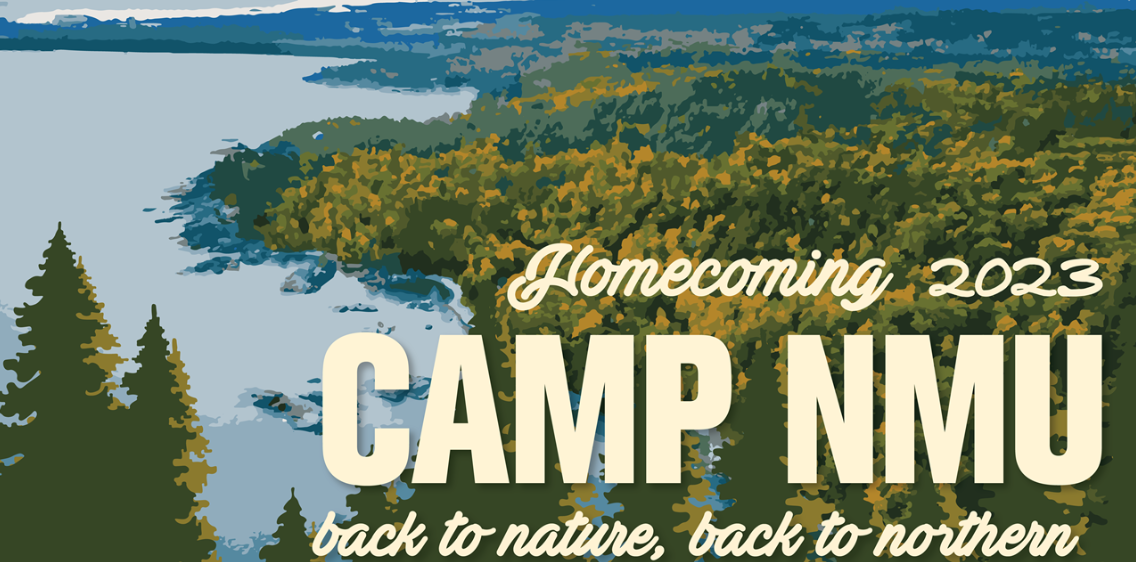AFFIRMATIVE by DeForest Dalbec
Examining the term “racist” is vitally important. The topic is related to cultural-racism, or xenophobia, and should be examined, but the terms of the debate are racial.
The debate as to whether Trump is Nationalistic, xenophobic or otherwise discriminating of people who are from different nations is much more clear, and explicit. He has disparaged Mexican nationals on many occasions. Without empirical justification, making remarks that immigrants (legal or not) from Mexico cross the border are “not bringing their best.”
Trump’s generally combative with other countries, and their nationals, so I see no debate there. His fans like him because he’s combative with other nations and leaders. The line between disparaging people on their nationality and race, however, is a tough line to read.
White House officials reported that Trump claimed that people from Haiti “all have AIDS” or that Nigerians should “go back to their huts.” Though Haiti does have an AIDS health crisis relative to the rest of the America’s, such a disproportionate claim that all—the real rate is 2%—Haitians have AIDS is concerningly similar to the stereotypically racist comment that all Africans have AIDS. The comment about Nigeria is lazy, insensitive stereotyping at best, and evokes colonial prejudice.
Exposed by Jack O’Donnell—the previous manager of Trump Plaza Casino—Trump said, “Black guys counting my money! I hate it. The only kind of people I want counting my money are short guys that wear yarmulkes every day. Those are the people I want counting my money. No one else.”
Additionally, in the 1970’s, Trump’s real estate company was sued by the Justice Department for attempting to discriminate against renting to blacks, where Trump’s team settled.
Thomas Sowell—who was awarded the National Humanities Medal for prolific scholarship melding history, economics and political science in 2002—came up with a model for discrimination which I think is useful for examining Trump: Discrimination Type 1a discusses basing decisions on evidence about individuals, with empirical observations. Type 1b is the less ideal basing decisions on evidence about groups, group evidence and generalizations. Type 2 discusses arbitrarily expressing antipathy toward a group, without evidence.
Sowell argues that we should be curious and spirited enough to strive for Type 1a, or in my words: where you get to know each other as individuals, without making assumptions.
All of the overtly racist and borderline racist and xenophobic comments and actions by Trump I identify as deep Type 1b discrimination. Does the nation of Haiti have an elevated rate of AIDS? Yes. Does it mean all Hatians have AIDS? That’s ridiculous, and you can easily determine the truth of that statement by just asking and or testing any given individual
Haitian.
Apply the same logic to his Muslim ban: Is it true that terrorism today is disproportionally committed in the name of Islam? Yes. Is it true that Muslims are likely to be terrorists? That’s far off from the truth.
It’s these hasty generalizations on a limited examination of evidence which I think put Trump deep into Type 1b racism. He’s lazy and , he doesn’t seem to put the effort in to gather evidence about individuals, which should be the goal of all of us (seeing one another as individuals who violate our outward stereotypes at every step.)
Is he an old-style Type 2 racist, with arbitrary aversions toward anyone of a different race? That’s tough to prove. His comments about blacks and jews counting money, or Haitians with AIDS are alarming, but he does have a history of partnering with people of different races in business and on TV.
Either way, racism today looks less like the KKK spouting overt racial slurs, and is more caused by everyday laziness and a lack of curiosity about the variety of individual diversity in every and all groups of people worldwide.
DeForest Dalbec is a member of Think Tank and a senior, economics major.
NEGATIVE by Doug Zvosec
This question has been a subject of focus since Trump unveiled his candidacy for president in 2015. To answer, racism must first be adequately defined. According to Merriam-Webster, the definition of racism is “a belief that race is the primary determinant of human traits and capacities and that racial differences produce an inherent superiority of a particular race.”
Just because policies disproportionately affect one racial group does not mean that said policies or those who implement them, are racist. Such a conclusion would be uncharitable at best and malicious at worst. With these notions established, the proposed statements and actions of racist character on the president’s behalf can now be the subject of examination. By doing so, many believe that his acquittal as a racist will be the obvious outcome.
Concerning some of the President’s “racist” statements, one prime example occurred in the aftermath of the violent Charlottesville “Unite the Right” rally, when Trump stated that there were “very fine people, on both sides.” This statement is decried as racist because one “side” contained white supremacists, who ended up injuring some and killing one as well. In that same statement—quite literally a few paragraphs later—the President said, “I’m not talking about the neo-Nazis and the white nationalists…they should be condemned totally…you had many people in that group other than neo-Nazis and white nationalists.” These quotes are according to a transcript of the President’s remarks provided by LA Times and clearly show that Trump was not calling neo-Nazis “very fine people.” That comment was directed at the regular non-violent protesters.
Critics of the President will quickly state that he is not only racist in word, but in deed as well. One of his administration’s earliest actions that became labeled as racist was the “Muslim travel ban.” This “ban” or rather, Executive Order 13769, limited travel to the United States from seven majority Muslim countries, including Iran, Iraq, Libya, Somalia, Sudan, Syria and Yemen.
However, it can be easily argued that this ban is not a “Muslim ban” due to the fact that 43 other majority Muslim countries were not included in this travel ban. In addition, Iran, Libya, Syria, Yemen and—as of this year—Iraq, are all countries in which attacks on U.S. embassies have occurred.
With that being said, it is detrimental to simply decry these actions as “racist” without looking at the entire picture and understanding that the disproportionate representation of muslim countries in the ban cannot be used to derive any motive that might be behind the ban. Between the state sponsored terrorism of many of these nations and the attacks on U.S. embassies, there is more than enough justification for some sort of ban outside of a dislike for the majority inhabitants of the affected countries.
Although more can be said concerning Trump, it is reasonable to say that many of his remarks are warped and taken out of context. As shown above, seemingly all of his “racist” remarks and policy positions cannot be proven to be backfilled by any racist motive or intent.
How did we arrive here? The answer is simple and woeful, media spin and disingenuousness is to blame. This click-driven distortion of harsh but otherwise acceptable circumstances only provides a limited view of Trump and makes it seem like this will continue to happen regardless of what he says or does. Even more troubling, this will likely continue to happen regardless of who’s elected president because whenever politicians, or other civil servants, are called out for being incompetent or foolish, it seems that they, more often than not, resort to name-calling and attacking the character of others, which is bipartisan and counterproductive to America.
Never take the words of journalists on their merit alone: they lie and have ulterior motives like anyone else. Seek out information for yourself and draw your own conclusions from there. An informed society is a better
society.
Doug Zvosec is a member of Think Tank and a freshman, psychology major.






























